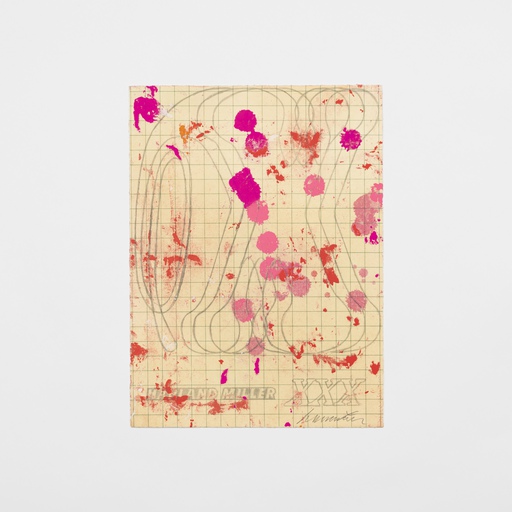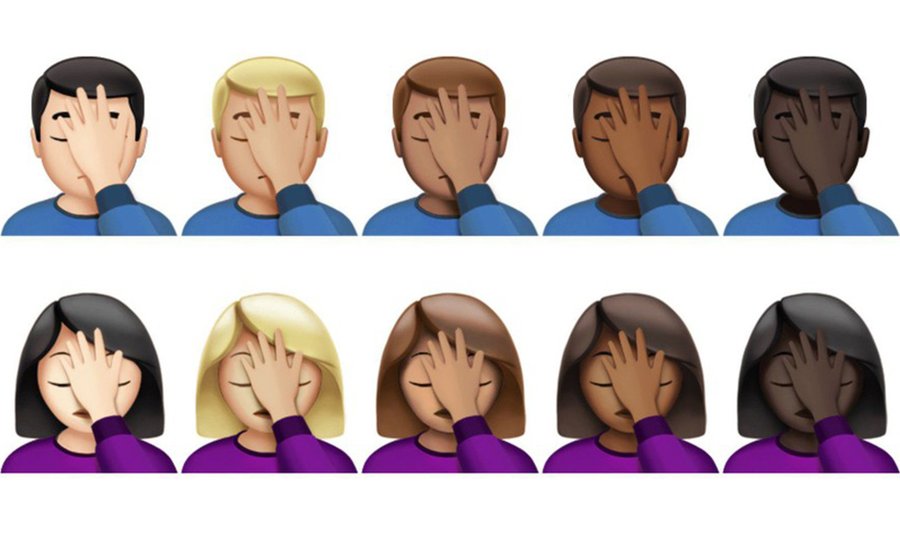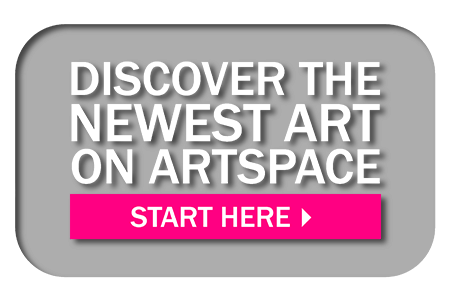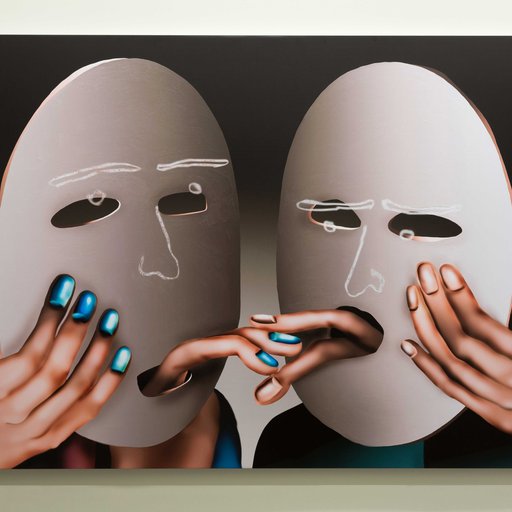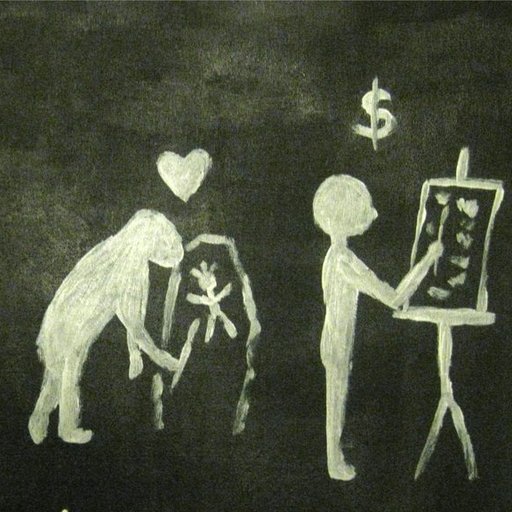Don’t get me wrong, artists love to talk about themselves. But there are some common questions that often get asked in interviews and studio visits that artists just hate being asked. That’s not to say that they’re inherently bad questions and that you can’t ask them. Just know that if you do, you will undoubtedly pissed off an artist.
1. When was the first time you experienced art, and what was the piece?
Some people want to believe that artists had to have had some sort of mind-melding, convulsion-inducing, life-changing epiphany the first time they saw art. Like standing in front of a Goya painting was like the scene in Independence Day when the alien space ship shot a laser beam down to the White House and blew it up, except that instead of a space ship it’s Goya, instead of the laser it’s post-lingual emotive ecstasy, and instead of an explosion it’s the amalgamation of mind and spirit convalescing into a life-long pursuit of pictorial truth. Did lawyers have this experience the first time they saw a gavel? Did dentists have this experience the first time they brushed their own teeth? Granted I don’t know the answer to this question, but I’d also never dream of asking my dentist. Nine year olds who go to The Met think the mummies are neat, but otherwise the main take away is that field trips are better than math class. This is true for the nine year olds who end up becoming artists, or lawyers, or dentists. Most artists can’t remember the first artwork they every saw, just like you can’t remember the first artwork you ever saw. And if you do ask an artist this question, and they do actually have a good answer, it’s probably because they’ve been asked this question so many times that they finally decided to make something up.
2. When was the moment you decided you wanted to become an artist?
People become artists for all sorts of reasons, but it’s probably safe to say that none, none, of them become one because they, in a single moment, say to themselves, “Welp, I’ve made my decision: Today is the first day of my new life as an artist!” I would guess that most artists just sort of fall into it, kind of like falling into a bottomless pit of student debt after graduating art school with no marketable job skills, or falling into a 900-square-foot apartment with a bunch of roommates living in relative poverty while all your high school friends either have babies or go on vacation regularly. Few people consciously make the decision to insert themselves into a situation where the statistical odds of success are slimmer than a strand of prematurely gray hair. If you ask this question, you’re most likely going to get a generic answer that you probably could have come up with on your own, or you’re going to get an honest answer that will ruin your rosy idea of what being an artist really means. Sometimes artists are artists by default.
3. What does this piece mean?
An artist should absolutely be able to tell you what an artwork means. If they dedicate hours and hours to making something, we should hope they know why they made the thing. But straight-up asking them, “What does this mean?” is a bit off-putting. It’s like if someone asked you, “What are you like?” Hmmm, where to start… Honestly, the worst thing about this question is that it’s the quickest route to the most unhelpful, uninspired cop-out of an answer: “It’s up to interpretation.” That’s what artists say when they just can’t even. Now, there are certainly ways to get the answer to this question, you just have to add some nuance. If you’re looking at a portrait, you could ask, “Who is that person and why did you paint them?” Or if you’re looking at a sculpture involving a Fiji water bottle, ask something like, “What is it about a Fiji water bottle that is interesting to you?” (Then, email me the answer because I’m dying to know.) Or even simply asking, “What were you thinking about when you made this work?” is a less threatening and more open-ended way of saying, “What the hell am I looking at?”
4. Who is your favorite artist?
Me. I’m my favorite artist.
Most artists will answer this question by listing some artists who are already dead, or maybe some artists that are so famous and well-known that it’s like talking apples and oranges. But the truth is, artists admire other artists that they think are doing it better than they are. And artists who are truly making relevant, up-to-date art are most likely looking at other artists who are also relevant and up-to-date art, which means that chances are, they know their favorite artist, or are at least friends with them on Facebook. So as much as artists might obsess over every new piece certain other artists make, they don’t really want to admit it. The bottom line is, this question almost comes off as rude. When artists are being asked about their work, they want to talk about their work, not someone else’s.
5. What was the first piece your ever made?
This isn’t a bad question, actually. It could be pretty interesting to see some of our most beloved artists' first artworks. The thing is though, that most artists don’t really know. And if they do, it’s most likely because they’ve failed to repress the memory despite their best efforts. The art that a developed artist makes is very, very different than the first piece they ever made. The first piece they ever made is probably pretty similar to the first piece you ever made—maybe a self-portrait you made in a high school drawing class, maybe an “abstract” photograph you took of slanted shadows grazing a rusted corrugated sheet of metal siding in an economically depressed neighborhood, maybe a collage involving a model from a magazine with their eyes crossed out in red Krink paint marker. Whatever it is, it’s not very good, and whatever artist you’re talking to probably isn’t very proud of it. (That being said, Jenny Holzer talks openly about the first works she ever made and it's pretty interesting—and no, they're nothing like the works she makes now.)
6. What’s your favorite color?
Unless the artist you’re talking to can’t go to R-rated movies without the consent of an adult, don’t ask them what their favorite color is. For all other artists who are not children: If you can’t tell by looking at their work, then the question isn’t relevant.
So, what do artists like being asked? Artists like to be asked about their art. They like to talk about what is important to them, like what they’re working on and what they’re thinking about. They want to be asked questions that are unique to them, not applicable to every nine-year-old who’s ever seen a mummy at The Met. Answering questions about one’s work can be an incredible experience, because it gives artists the opportunity to connect with their audience in a way that their artworks on their own can’t. Rather than asking them about what they were up to twenty years ago when they first saw art, ask them about what they worked on today. Rather than asking them about artists that are not them, ask them questions that are specific to them. Unfortunately I can’t equip you with a list of great questions to ask artists, because every artist is different, and any question that could apply to all of them is a question that artists hate being asked.
RELATED ARTICLES:
"Don't Quote Deleuze": How to Write a Good Artist Statement
Collecting Etiquette 101: How to Build a Relationship with a Gallery and Buy What You Want


